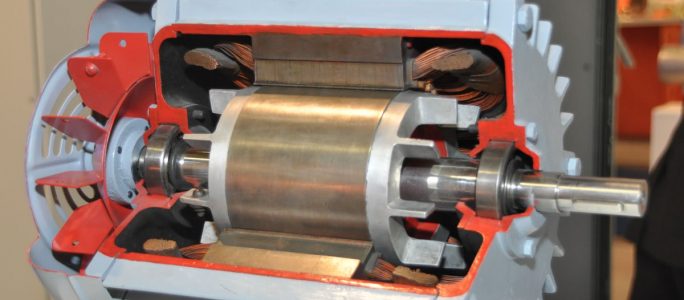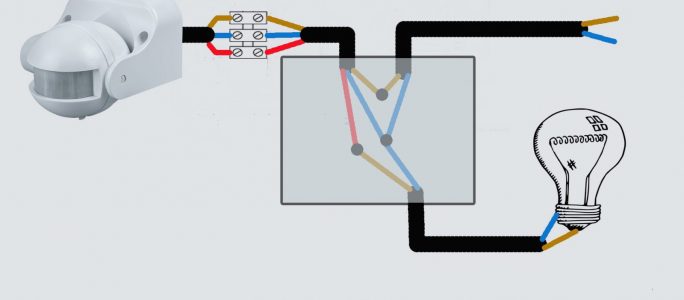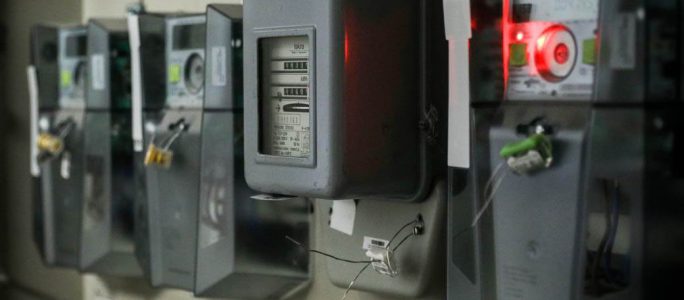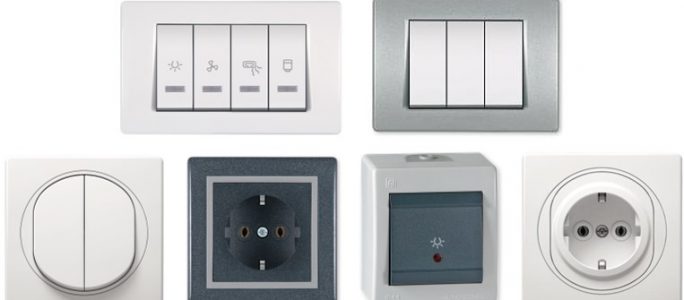What is a computer network?
A computer network is a term that refers to computers and other devices that are connected to each other by cables or in another way, for the purpose of mutual communication and data sharing. In a computer network, in addition to computers, there can also be hubs (distributors), switches (switches, switches) and routers (routers). A variety of technologies can be used to transmit data from one place to another, including cables, radio waves, and microwave transmission. A connection between two computers that share their resources can be called a computer network.
Cables and devices for computer networks
Connecting (networking) computers and other devices to a local or global network can be cabled or wireless. Equipment consisting of cables, network cards, modems, switches, routers, hubs and other devices is used for cable connection of computers and other devices to the network. Cables can be: optical, coaxial, telephone, UTP. Most often, UTP cables are used, which end with connectors at both ends. When placing the cable in the connector, there is an exact arrangement of colored wires that must be observed. Network cards are located in the computer case and have an output from the back of the computer. They serve to connect to network devices. Depending on the method of connecting to the network, there are: wired connection cards and wireless connection cards. Cards that are connected by cables are called ethernet network cards. Wireless cards work at different speeds, their speed depends on the standard to which they belong. Network devices are modem, hub, switch, router. They enable the connection of a computer network to the Internet and the flow of data.
Benefits of a computer network
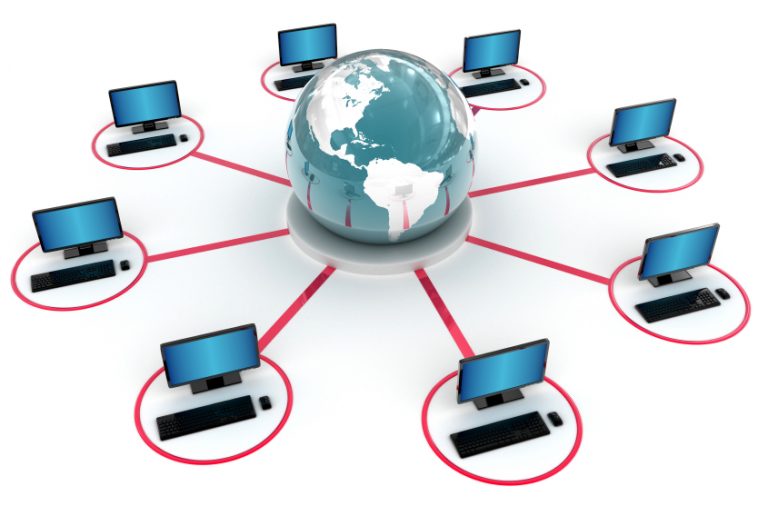 Computer networks The development of computer networks began around the same time as the development of the UNIX operating system – in the early seventies. The goal of networking communication equipment is to form a virtual working environment within which devices from different manufacturers would share their resources (processing power, expensive peripherals such as printers, plotters, disks, etc.). At the same time, such an environment should be transparent so that as few users as possible notice its existence while, of course, making full use of the benefits it provides. For the normal operation of a computer, there is a need for a series of peripheral units such as printers, plotters, disks, tape units and so on, the price of which is not negligible. That is why a solution that assigns one set of these peripherals to each computer is uneconomical, especially if it is taken into account that the use of certain peripherals of this type is not intensive. The network environment enables the sharing of such resources, which significantly reduces the necessary investments and at the same time does not reduce the convenience of work compared to the case when each computer is equipped with the necessary peripheral units.
Computer networks The development of computer networks began around the same time as the development of the UNIX operating system – in the early seventies. The goal of networking communication equipment is to form a virtual working environment within which devices from different manufacturers would share their resources (processing power, expensive peripherals such as printers, plotters, disks, etc.). At the same time, such an environment should be transparent so that as few users as possible notice its existence while, of course, making full use of the benefits it provides. For the normal operation of a computer, there is a need for a series of peripheral units such as printers, plotters, disks, tape units and so on, the price of which is not negligible. That is why a solution that assigns one set of these peripherals to each computer is uneconomical, especially if it is taken into account that the use of certain peripherals of this type is not intensive. The network environment enables the sharing of such resources, which significantly reduces the necessary investments and at the same time does not reduce the convenience of work compared to the case when each computer is equipped with the necessary peripheral units.
Why should a professional connect a home network?
Would you like to have a new home network connected and not sure if you should hire a professional? Do not hesitate any longer, because this question can be answered with a clear yes. In many cases, when connecting a computer network, walls and floors need to be treated and should be left to an expert. In addition, expertise in electronics is a prerequisite for smooth wiring of cables where there is no safety risk. When you connect the network yourself, things can go wrong, and even small mistakes can cause high additional costs. Therefore, the installation of a home network, like almost all other electrical installations, is the task of experts. By hiring an expert, you ensure that after a short time you will be able to use a functional and professional home network.


